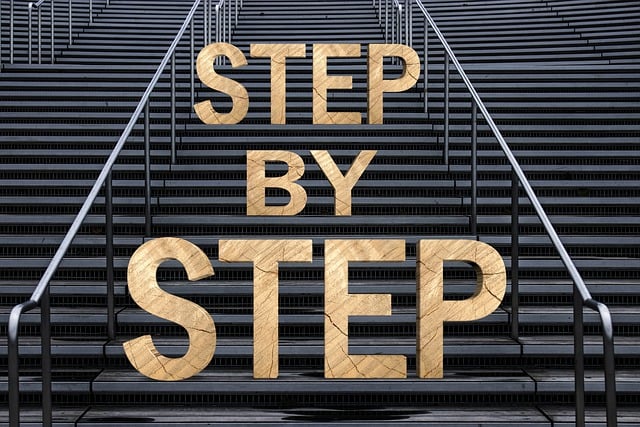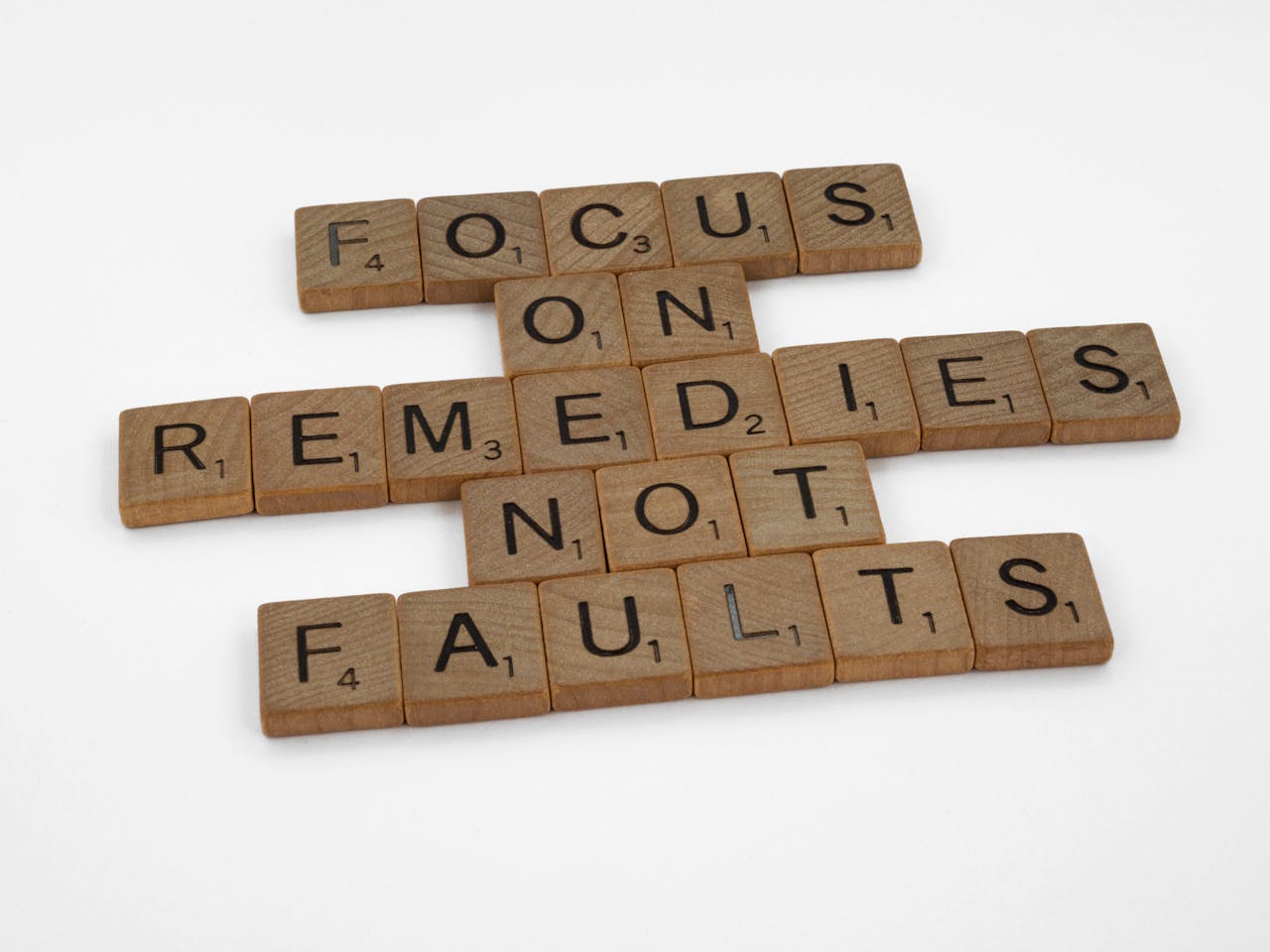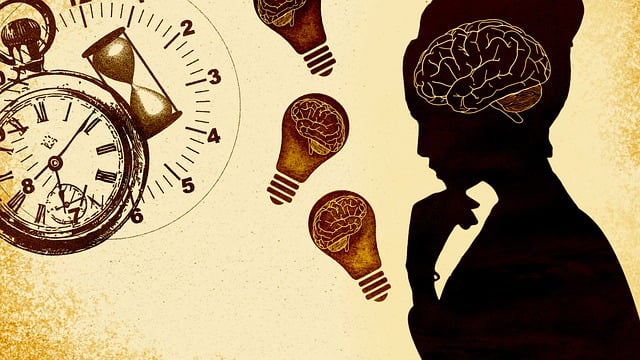Adapting to Post-Rehab Life and Avoiding Setbacks
Leaving inpatient rehab treatment marks the beginning of a new chapter in recovery. Whilst treatment provides valuable tools, the real work starts after leaving the facility. Individuals must actively apply learned strategies to maintain sobriety and build a healthy lifestyle. This involves creating new routines, managing triggers, and seeking ongoing support. Success requires patience, dedication, and a willingness to face challenges head-on.
Ongoing Journey to Recovery
Completing rehabilitation is just the beginning of the recovery process. True healing extends far beyond the walls of inpatient treatment centres. Individuals must actively pursue their recovery goals each day. This involves:
• Practising self-reflection • Engaging with peer support groups • Celebrating recovery milestones • Developing healthy coping strategies
Long-term recovery requires constant effort and commitment. The path may have challenges, but with persistence, a fulfilling life free from substance use is achievable.
Hurdles on the Path to Recovery After Treatment
Social Influences and Peer Pressure
Staying sober can be challenging when faced with social situations. Friends or acquaintances might unknowingly offer alcohol or drugs, unaware of one’s recovery journey. To handle these situations:
- Build a network of supportive friends who respect your choice to stay sober
- Be clear about your boundaries and recovery goals with those around you
- Have a plan to leave if a situation becomes uncomfortable
It’s crucial to be prepared for potential triggers in social settings. Practise saying “no” confidently, and remember that true friends will support your choices.
Feeling Alone After Inpatient Rehab
Individuals can struggle with loneliness after completing a rehab programme. Rebuilding one’s social circle whilst avoiding negative influences can be tricky. To combat isolation:
- Join support groups
- Take up new hobbies that involve meeting people
- Keep in touch with a therapist or counsellor regularly
Staying connected is vital to avoid boredom and potential relapse. Consider volunteering or joining community groups to meet like-minded individuals.
 Managing Mental Health Post-Treatment
Managing Mental Health Post-Treatment
Mental health often plays a significant role in addiction. Prioritising mental wellbeing after inpatient rehab is crucial:
- Create a comprehensive aftercare plan, including ongoing therapy
- Practise self-care through exercise, meditation, and healthy routines
- Seek help from mental health experts who specialise in addiction
Remember, recovery is a journey! It’s normal to face challenges, but with the proper support and strategies, maintaining sobriety is possible.
Ways to Avoid Setbacks After Treatment
Fostering Open Dialogue with Loved Ones
It’s important to have open, honest and clear communication to avoid conflict and misunderstandings; lack of communication may cause a divide between the recovering addict/alcoholic and their loved ones.
Luckily, some tools can be used to create space for open communication:
- Explain the recovery process to loved ones
- Discuss personal triggers and boundaries
- Encourage participation in family therapy sessions
This approach helps build a supportive home environment and strengthens relationships.
Exploring New Interests and Activities
Developing new hobbies can be a powerful tool in recovery. Hobbies create room for growth in creativity and connection to others:
- Trying out different sports or exercise routines
- Learning a musical instrument or artistic skill
- Joining local clubs or groups aligned with personal interests
These activities provide healthy outlets for stress, promote personal growth, and help create a fulfilling, substance-free lifestyle.

Post-Rehabilitation Care Options
Twelve-Step Programmes
Twelve-step programmes offer a structured path to recovery. These initiatives encourage fellowship amongst individuals who share similar experiences. Regular gatherings and progression through the twelve steps promote accountability. Many find strength in the spiritual aspect of these programmes, which often highlight a connection to a higher power.
One-on-One Post-Rehabilitation Counselling
Individual counselling provides a private setting to address personal challenges. Benefits include:
- Customised treatment plans
- Exploration of underlying factors contributing to addiction
- Development of coping mechanisms
Support Groups for Recovering Individuals and Their Loved Ones
Groups such as Alcoholics Anonymous and Narcotics Anonymous offer community-based support; they provide the following benefits:
- Peer encouragement
- Opportunities to learn from others’ successes
- A supportive network outside of formal treatment
Group members share experiences, fostering a sense of belonging. These gatherings allow individuals to build connections with others who understand their journey.
Seeking Professional Support Is Essential
Embarking on the path to recovery is a pivotal moment for those grappling with addiction. Each person’s rehabilitation journey is unique, with its challenges and triumphs. Professional assistance is crucial for navigating this complex process.
Inpatient rehab programmes offer:
 Tailored treatment plans
Tailored treatment plans- Expert guidance from qualified professionals
- Emotional support throughout the recovery journey
- Tools to manage triggers and prevent relapse
It’s important to remember that seeking help is a sign of strength, not a moral failing. Many individuals find that a structured rehabilitation programme provides the foundation for long-term success.
Key benefits of professional support:
| Benefit | Description |
|---|---|
| Personalised care | Treatment tailored to individual needs |
| Medical supervision | Safe management of withdrawal symptoms |
| Peer support | Connection with others on similar journeys |
| Aftercare planning | Strategies for maintaining sobriety post-rehab |
With the proper support, individuals can overcome addiction and build healthier, more fulfilling lives.
Common Questions About Life After Rehabilitation
How Can One Re-Adjust to Society After Treatment?
Re-adjusting to society after inpatient rehab involves several steps:
- Establish a daily routine
- Seek employment or education opportunities
- Reconnect with positive influences
- Avoid old haunts and triggering situations
- Engage in community activities
Taking part in aftercare programmes that provide ongoing support and guidance during this transition is crucial.
What Are Some Ways to Rebuild Personal Connections Post-Treatment?
Rebuilding relationships after rehabilitation requires patience and effort:
- Be honest about your recovery journey
- Apologise for past behaviours when appropriate
- Set clear boundaries
- Participate in family therapy sessions
- Engage in shared activities that don’t involve substances
- Show consistency in your actions over time
Which Methods Help Maintain Sobriety Following Treatment?
To maintain sobriety after rehab:
- Attend regular support group meetings
- Continue with individual therapy
- Practice stress-management techniques
- Develop healthy coping mechanisms
- Create a relapse prevention plan
- Stay accountable to your recovery goals
What Benefits Do Support Groups Offer After Treatment?
Support groups play a vital role in post-rehabilitation life:
| Benefit | Description |
|---|---|
| Peer support | Connect with others who understand your experiences |
| Accountability | Regular check-ins help maintain sobriety |
| Coping strategies | Learn from others’ successes and challenges |
| Social network | Build friendships with sober individuals |
| Ongoing education | Stay informed about recovery techniques |
How Can One Handle Triggers and Stress After Completing Treatment?
Managing triggers and stress post-rehab involves:
- Identifying personal triggers
- Developing a stress-management plan
- Practicing mindfulness and relaxation techniques
- Engaging in regular exercise
- Maintaining a balanced diet
- Getting adequate sleep
- Utilising coping skills learned in treatment
What Lifestyle Adjustments Are Recommended to Sustain Recovery?
Recommended lifestyle changes to sustain recovery include:
- Adopting a healthy sleep schedule
- Improving nutrition habits
- Incorporating regular exercise
- Pursuing hobbies and interests
- Building a supportive social network
- Setting and working towards personal goals
- Practising self-care regularly
- Participating in ongoing aftercare services



